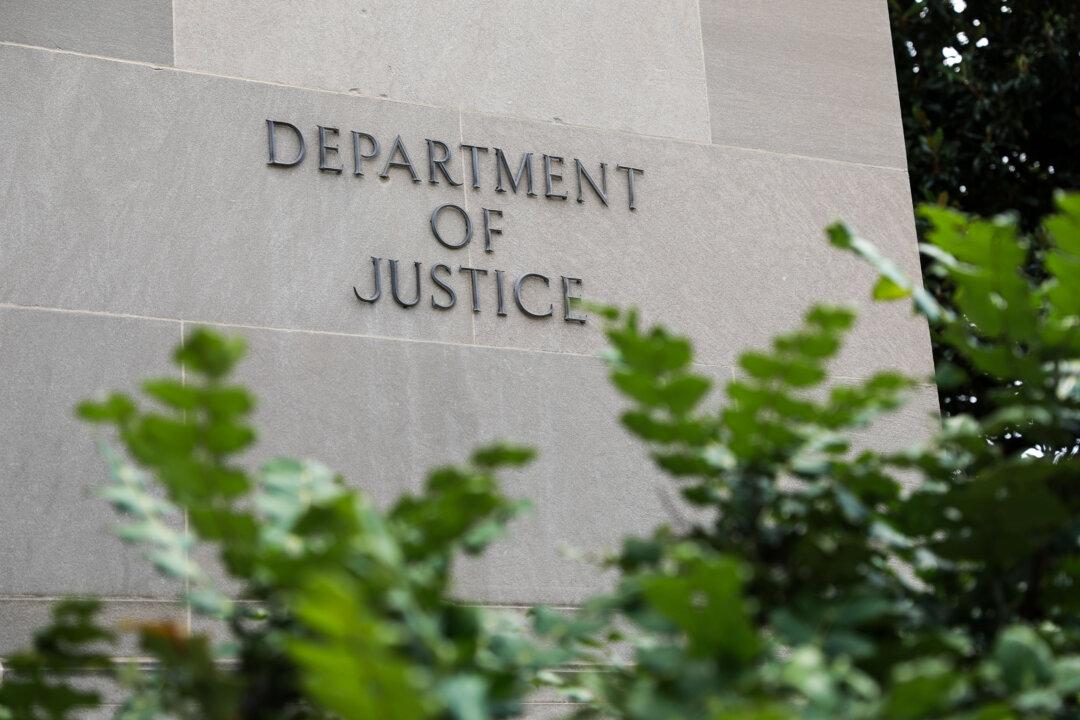The Justice Department (DOJ) has filed a brief in support of an Ohio law that prohibits abortionists from performing an abortion they know is sought because of Down syndrome.
Ohio passed the law, known as House Bill 214, in 2017 that states that an abortion provider cannot “purposely perform or induce or attempt to perform or induce an abortion on a pregnant woman if” the provider has knowledge that the woman seeking the abortion has sought the procedure because the unborn child has Down syndrome. The state says the law is entrenched in anti-discrimination principles and is trying to protect individuals with disabilities from prejudice.




